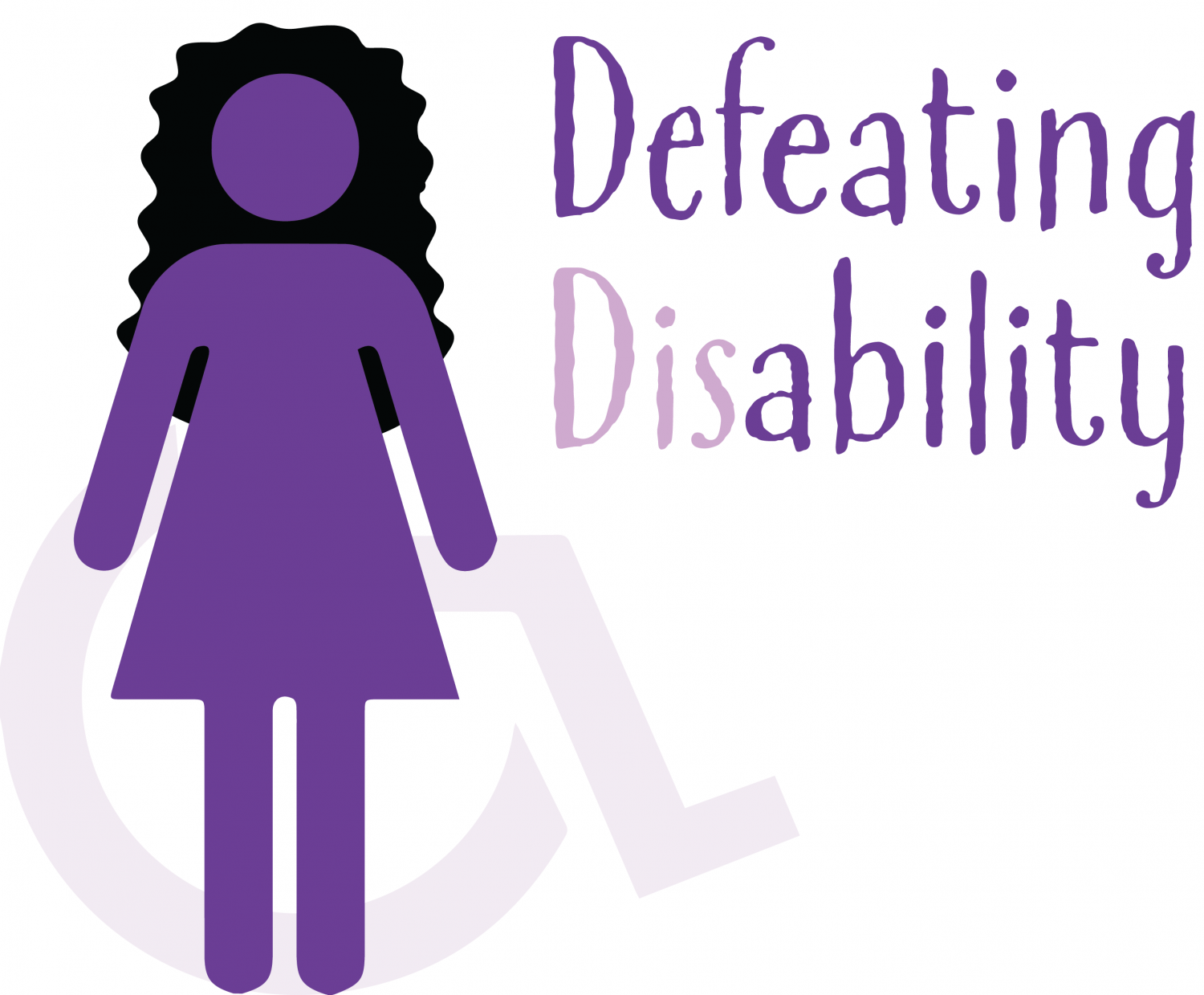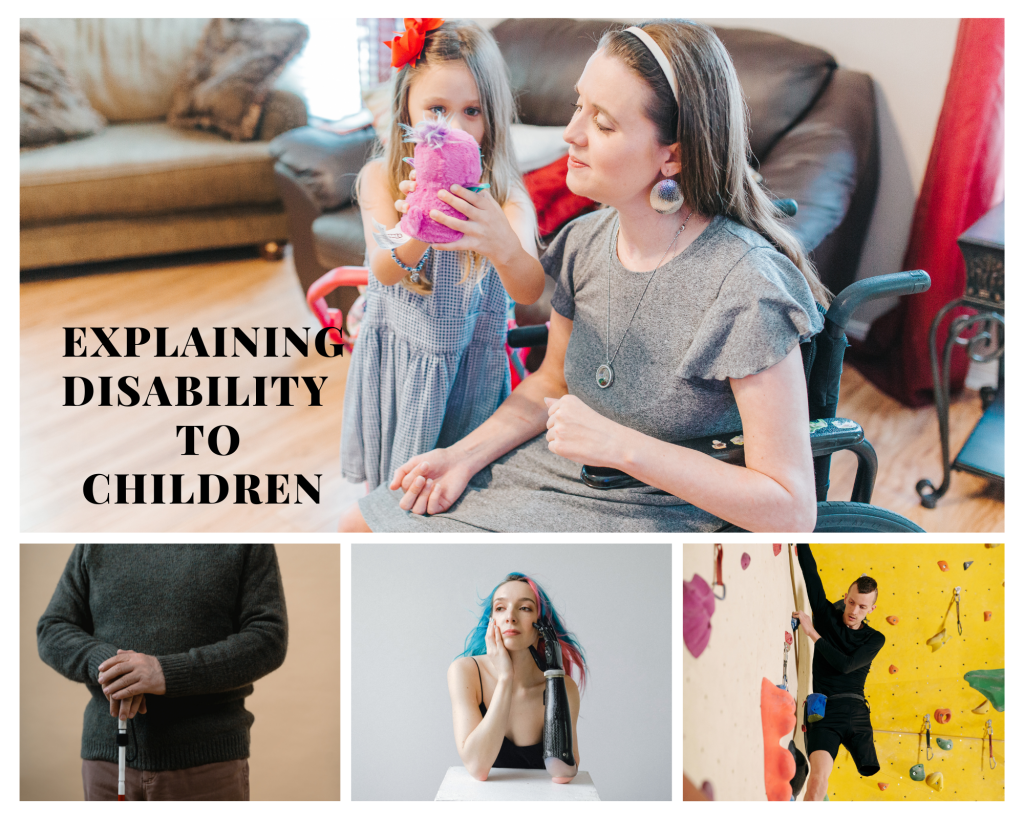
So recently I got a message on Instagram from a mother with young children. She asked me how do I explain disability to my kids? As one of her children’s class mates had a disability.
From our conversation this gave me the idea to write a blog post answering this question too.
Don’t Avoid It
My disability is invisible however if I use my wheelchair when I’m out and about I do get those sideways glances and I have had parents go in a different direction with their children so I’m out of their eye-line. The funny thing is you won’t be able to take your child in a different direction if you see a person with a disability when your out in public every time . This is because you’ve probably walked past or even engaged with someone with a disability and you didn’t even know because their disability is hidden/ invisible.
When I’m out and about in public but don’t use my wheelchair I get a totally different reaction. Less staring, parents walk past me with their children with no fuss, more people communicate with me and just treat me like a ‘normal’ person.
I know maybe thinking your avoiding a situation but in actual fact without even knowing you are creating one. As you are making non verbal judgments and statements without even knowing. For example an indirect message could be sending the statement “ don’t go near them” creating a sense of fear of the unknown.
Staring
So when I’m out and about or even when I was at school or college. I found a lot of my peers just staring at me in wonder and it was a bit awkward. At school I wore a splint and would get mean comments and looks. Teach your children it’s ok to ask a question but in a polite way. I would rather someone asked me “ why do you wear that on your leg” rather than just staring at me making me feel awkward.A lot of the time when I saw people looking I would just mention oh that’s a splint and it helps me too…
Acknowledging
I remember I was at the shops once and I heard a child say “mummy she’s in a wheelchair”. The mum looked at me and smiled and said “yes that’s a wheelchair she needs it to help her do what she wants to do”. The child said “ ok that’s cool. And they carried on shopping. Hearing the child’s response put a smile on my face and made me feel that slowly people from a young age can start to accept people with differences.
It’s Not Just About What You Say
Children are really good at not just listening to what you might be saying but also observing your body language when saying something. If you are nervous of a situation chances are the children will start to feel nervous too. But if you try and normalise it through your body language children will be able to pick up signs that everything is ok and normal and not something to be scared off.
Learn About Disability
There are so many ways now to learn about disability. Here are some examples and places you could use to help learn about disability.
Websites

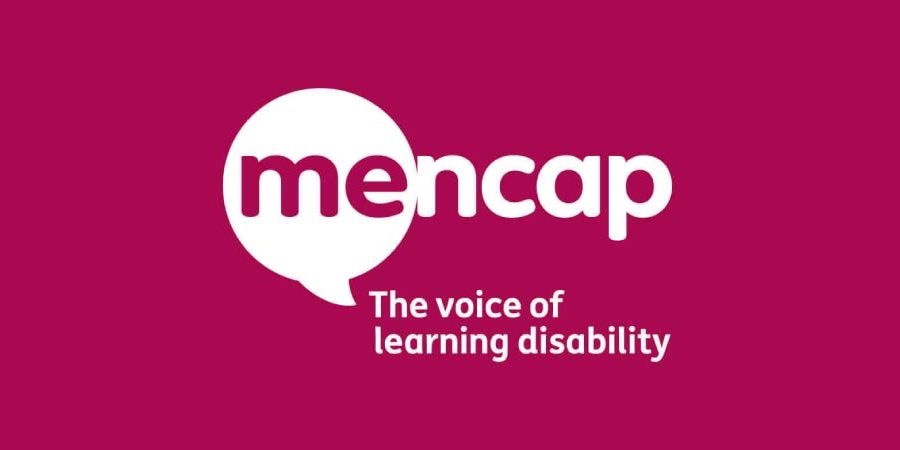
Articles & Magazines


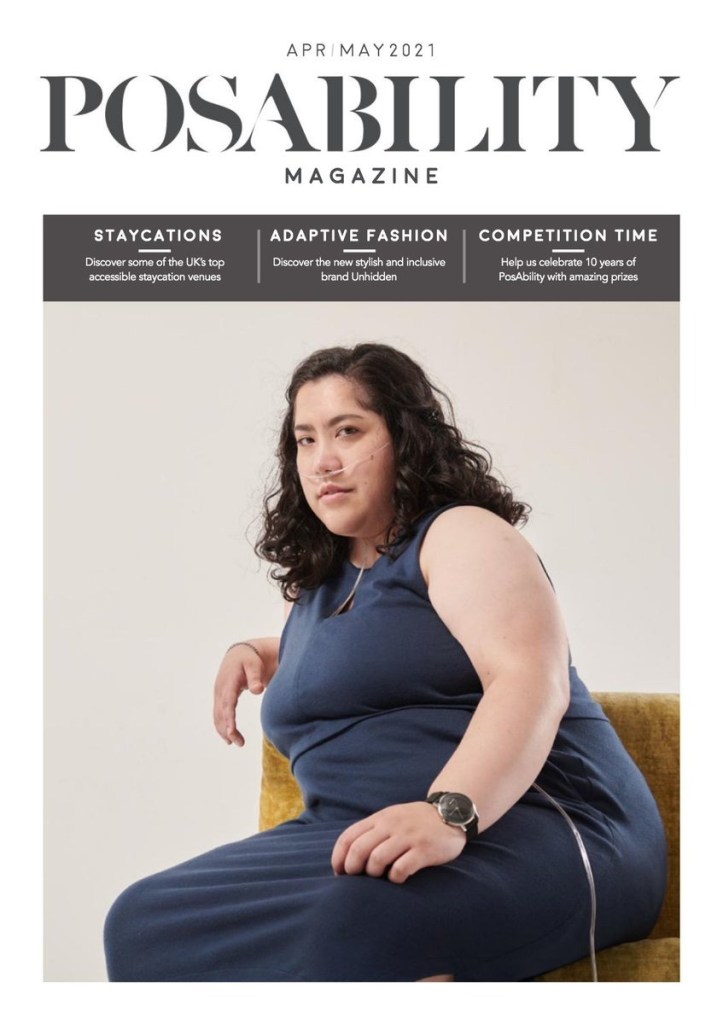
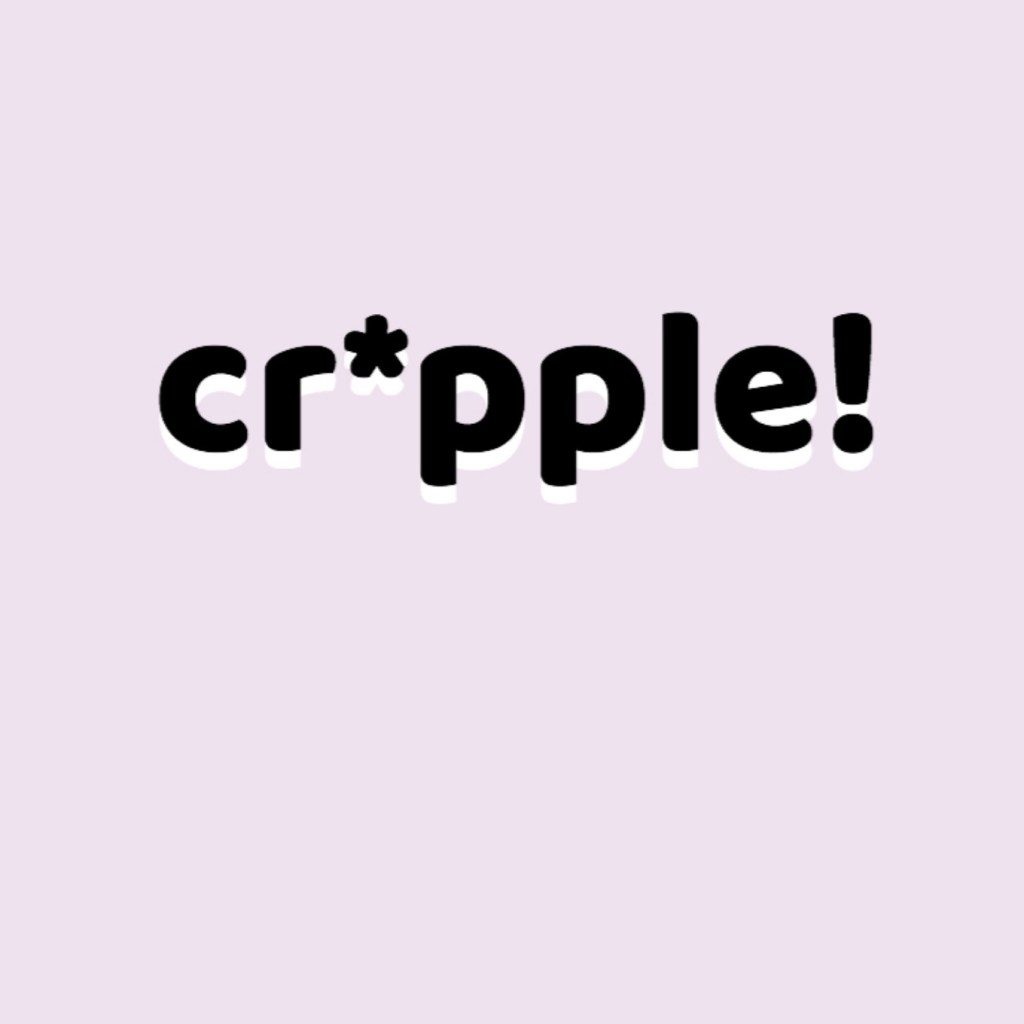
Other Sources
You can also find information about disability through reading blog, watching YouTubers and also finding pages dedicated to explaining disability on Instagram.
Honest
Children love to ask questions so if your child is interested and wants to find out more that’s fab! However what I would say is don’t make up a story to tell. If you’re not sure be honest there are so many disabilities out there. It’s impossible to know the details to everyone. As well as this two people might have the same disability written down on paper but it effects them both different ways.
Disability Is Not A Bad Word
And finally the reason I think people may not know what to say around disability is because it can be associated with “bad”, “challenging “, “difficult” or “worse suffering”.
However I know people who are disabled and their disability makes them feel proud. I can’t speak for everyone as each of us have different experiences. But for me, my disability is a part of me it doesn’t define me. Like if someone said tell me something I wouldn’t say I’m disabled as my first fact. Instead I would say I’m an actor, I love animals and I’m starting a mini zoo at home, I enjoy seeing friends and then later I’d say oh by the way I have a disability. But if someone needs to know I have a disability for a health reasons then I would tell them but day to day life you’d find out a lot of things about me before my disability would come in.
Like I said before for me my disability is part of me but doesn’t define me!
